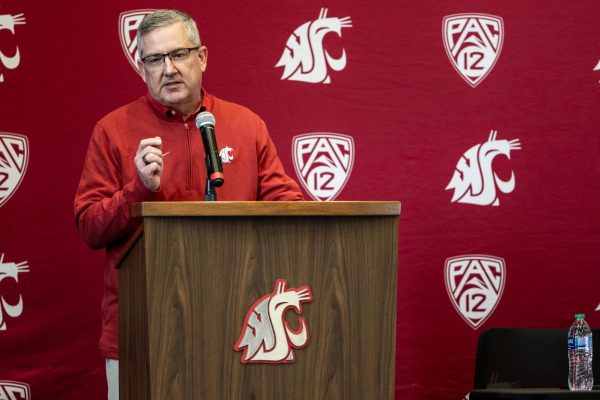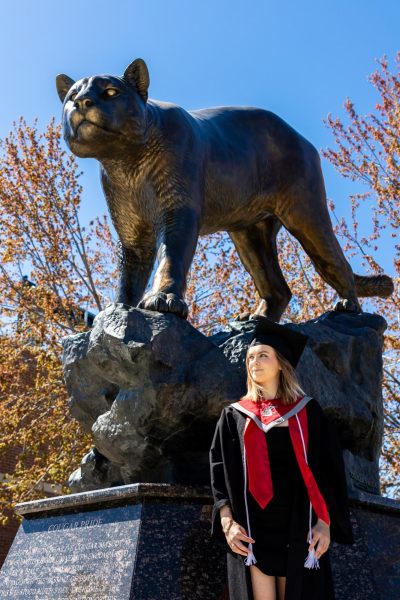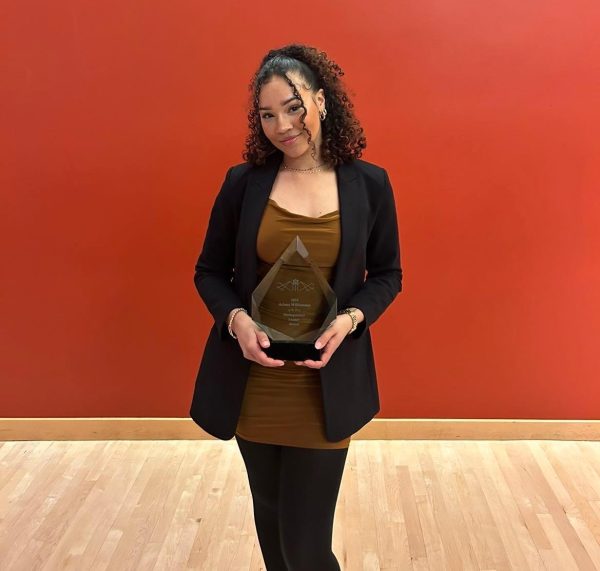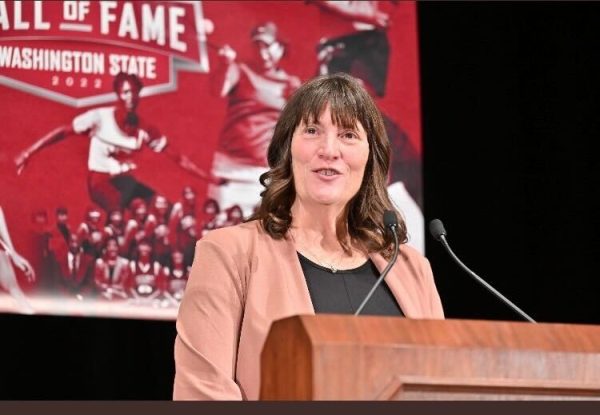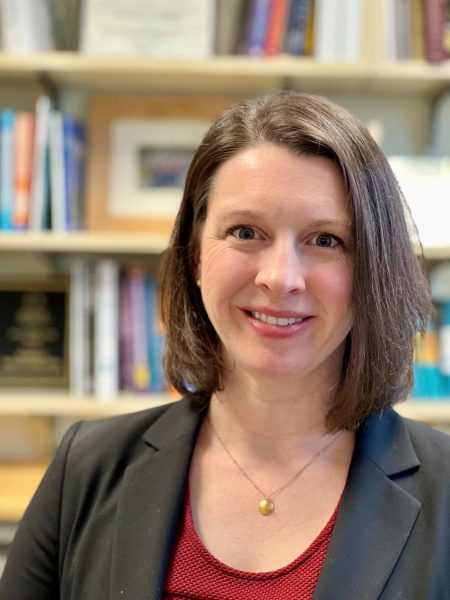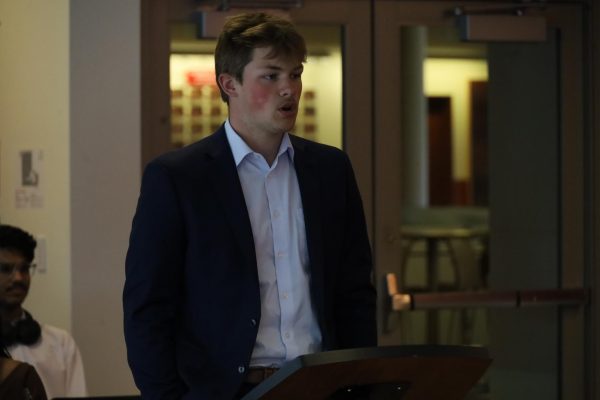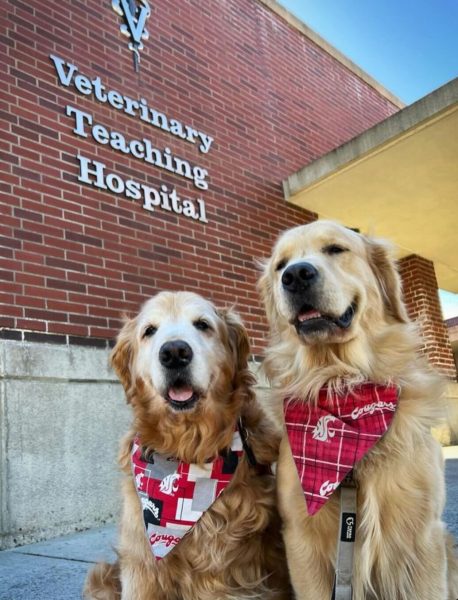Graduate student wins national award
December 9, 2016
Not only has Kathryn Harris established herself as a leader in a local and national organization while working toward a Ph.D., but she convinced the federal government not to cut healthcare subsidies for hundreds of thousands of graduate students across the country.
Harris said starting next year, the Internal Revenue Service would have prohibited universities from offering subsidized health insurance under its interpretation of the Affordable Care Act. Harris led a group of graduate students to meet with political leaders and explain why university healthcare subsidies are important to graduate students.
“A lot of students were worried about how they were going to pay insurance,” she said. “Many students make just a little bit too much to be covered under (Medicaid) so they would have had to pay extra out of pocket.”
Harris said engagement from graduate students really drove the point home. The IRS decided to allow universities to provide healthcare subsidies indefinitely.
WSU graduate students earn on average $14,000 in stipends in exchange for teaching and research, said Brittany Wood, vice president of GPSA. After fees, their earnings can be thousands less than the cost of living, driving many to seek more employment.
Wood said being attentive to the needs of graduate students is important because they often teach and provide resources for undergraduates.
“When the grad students are overworked because they have to get a second job,” she said, “that has an impact in the classroom.”
Wood said discussing the issue of healthcare from a graduate students’ perspective contributes to a much larger conversation about government-funded healthcare’s place in society.
Last month, Harris earned a Lifetime Achievement Award for Excellence in Advocacy in Service of Graduate-Professional Students.
Harris said it is rare to earn recognition when working in advocacy because the process is so slow and difficult.
“This one is well-deserved,” Wood said. “She has put in so many tireless hours.”
Harris and Wood both said they would like to advocate for open access to publicly funded research in the future.
“Having access to public work, especially work that is publicly funded, is vital,” Wood said.
Harris’ term as vice president of Legislative Affairs will end in May and then she will graduate. She said she wants to continue advocating for graduate students as well as science, education and cultural resource policy.
Harris said the hard work and support from graduate students all across the country really made the difference.
“There were all these people around me and behind me,” she said, “backing up what I was saying.”







